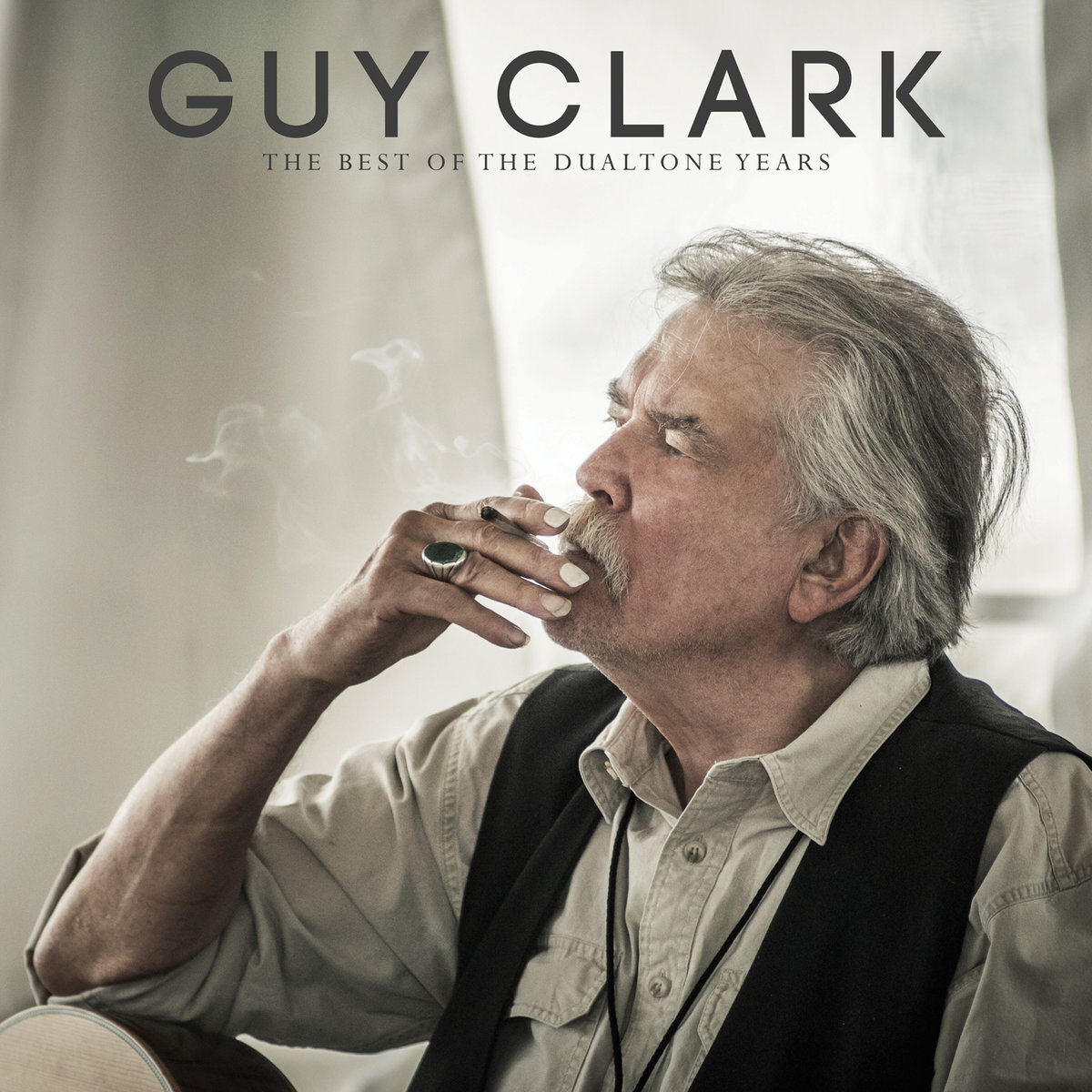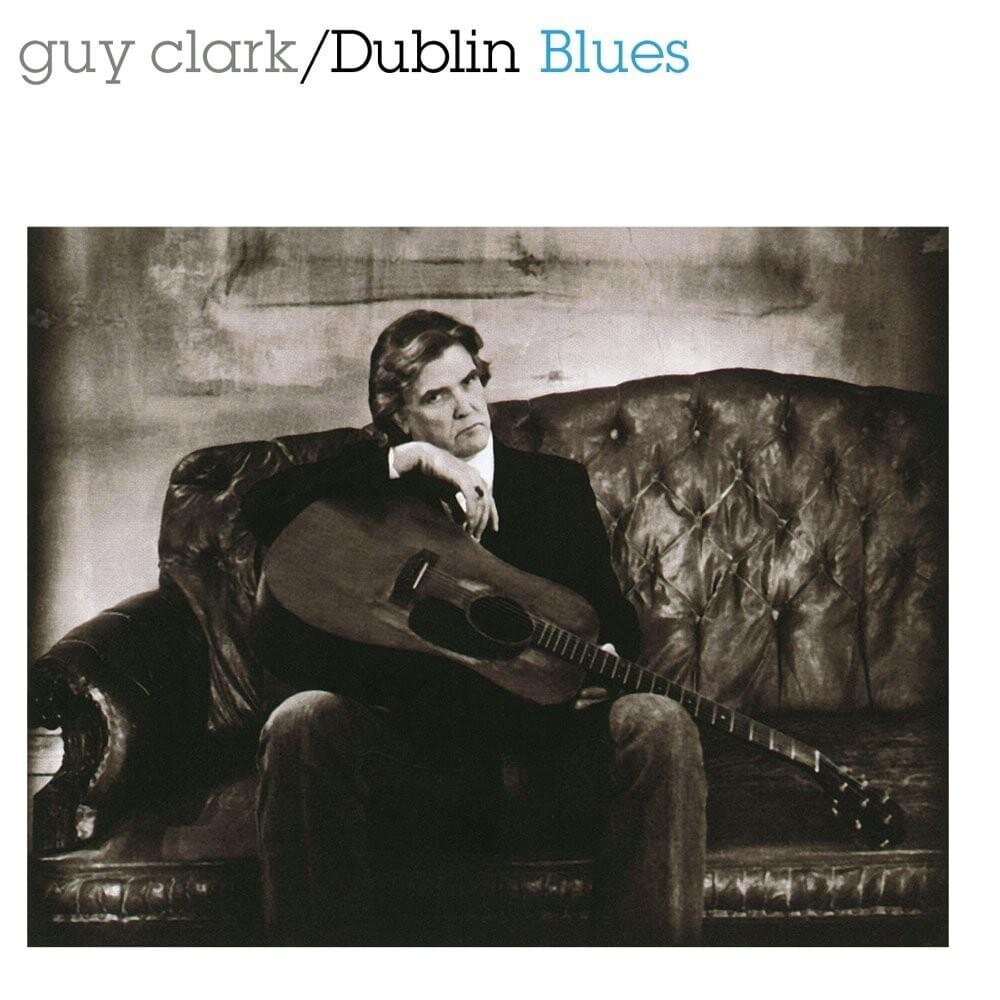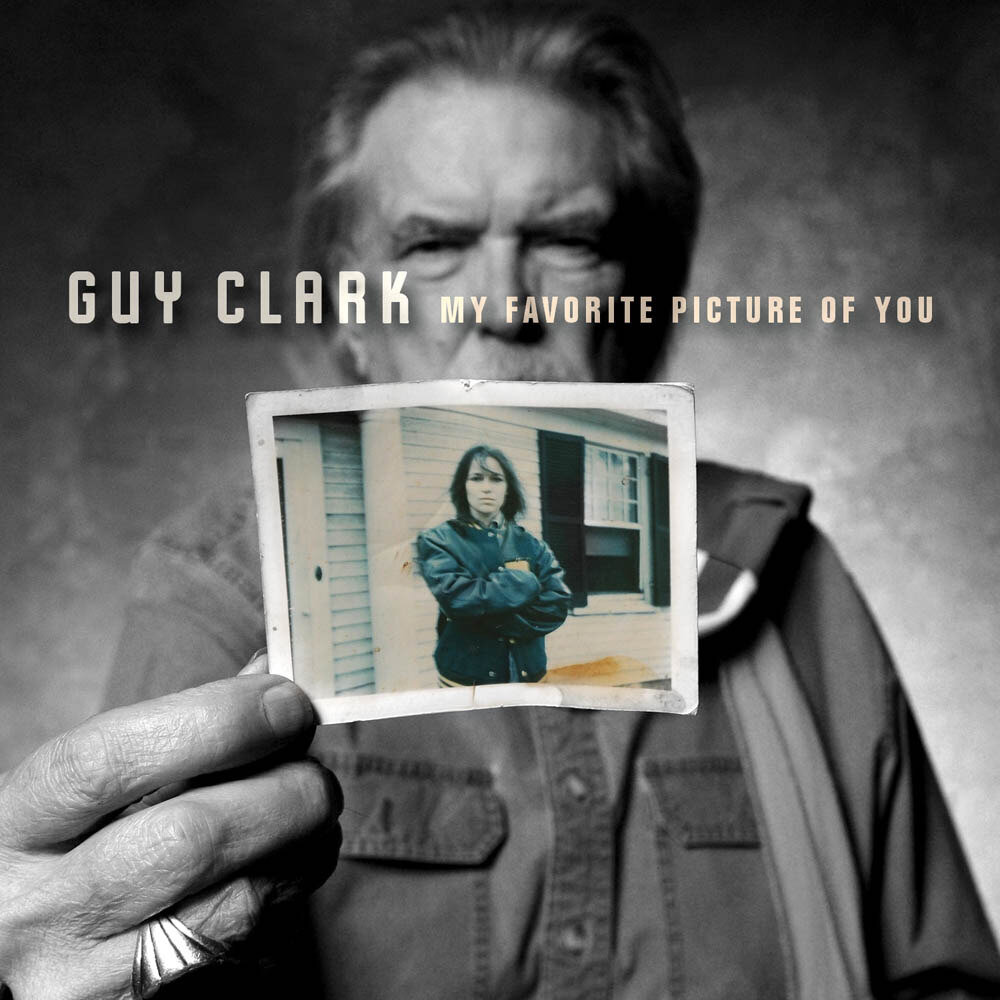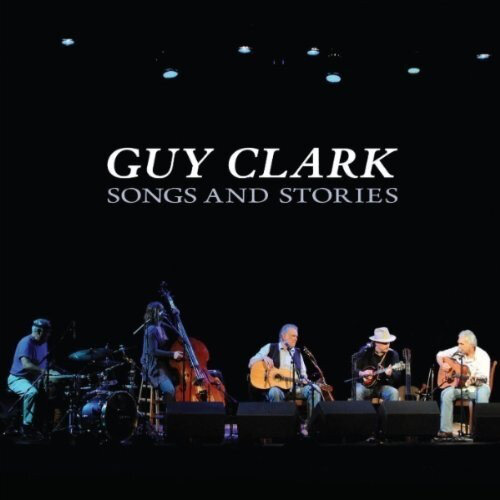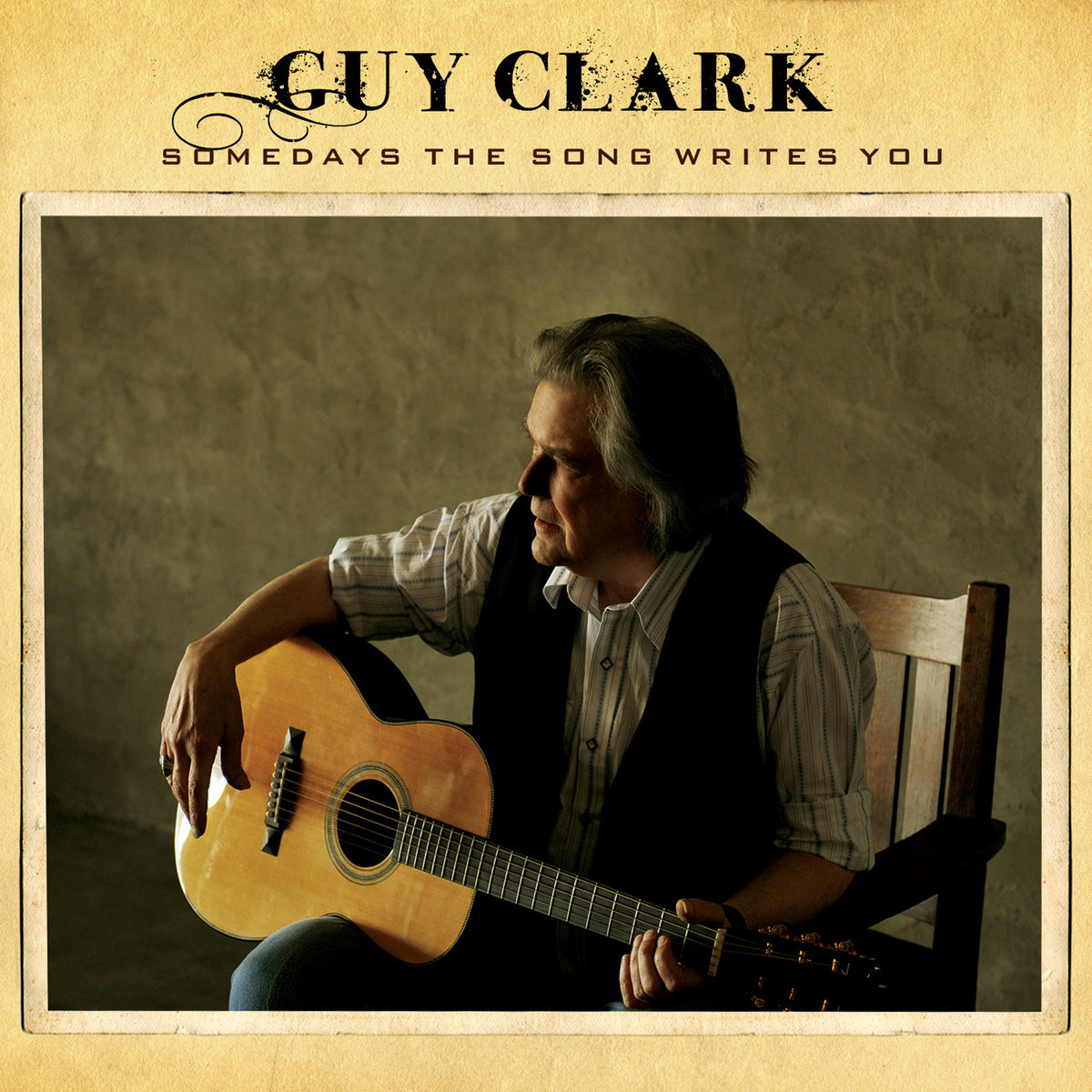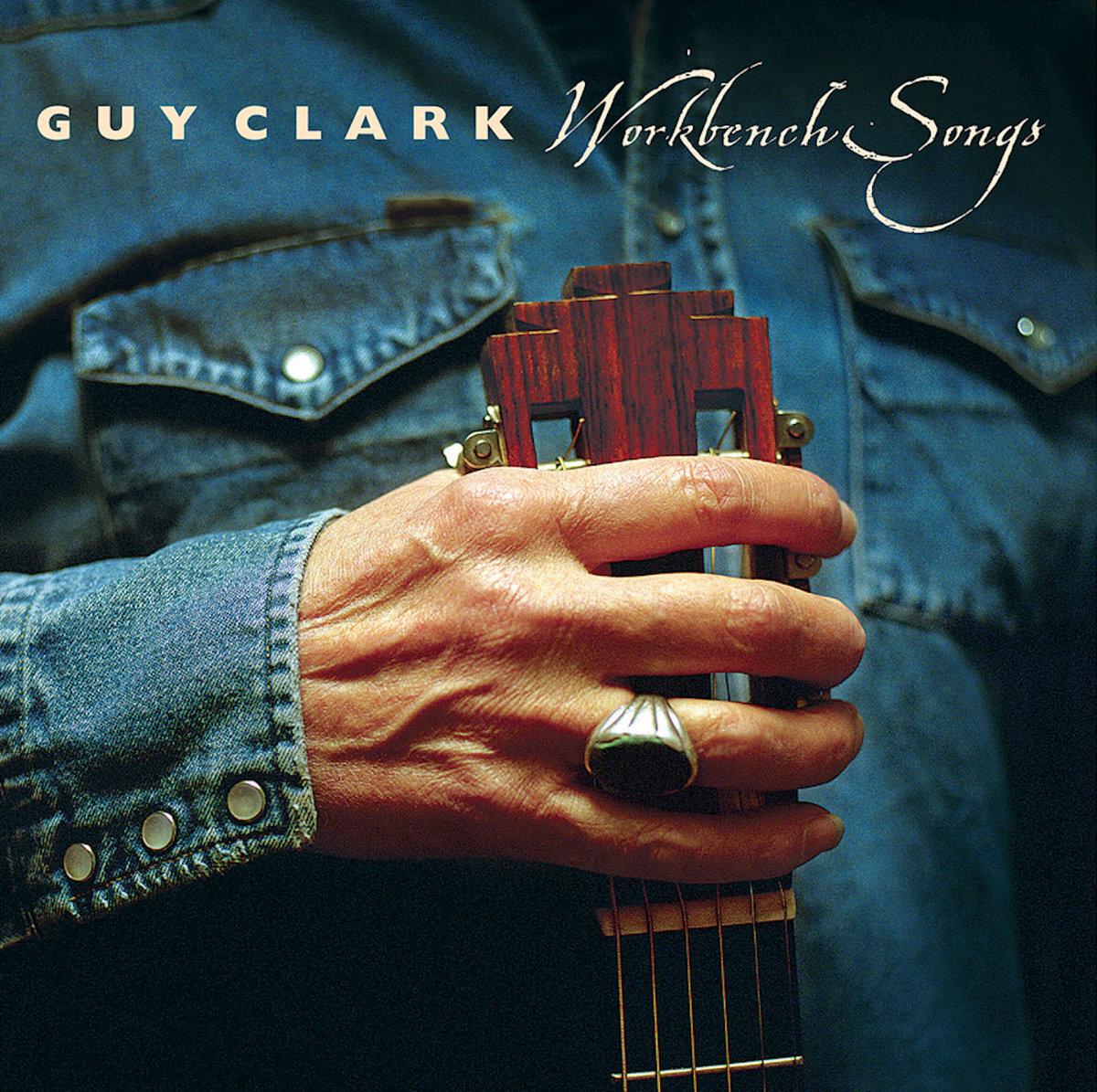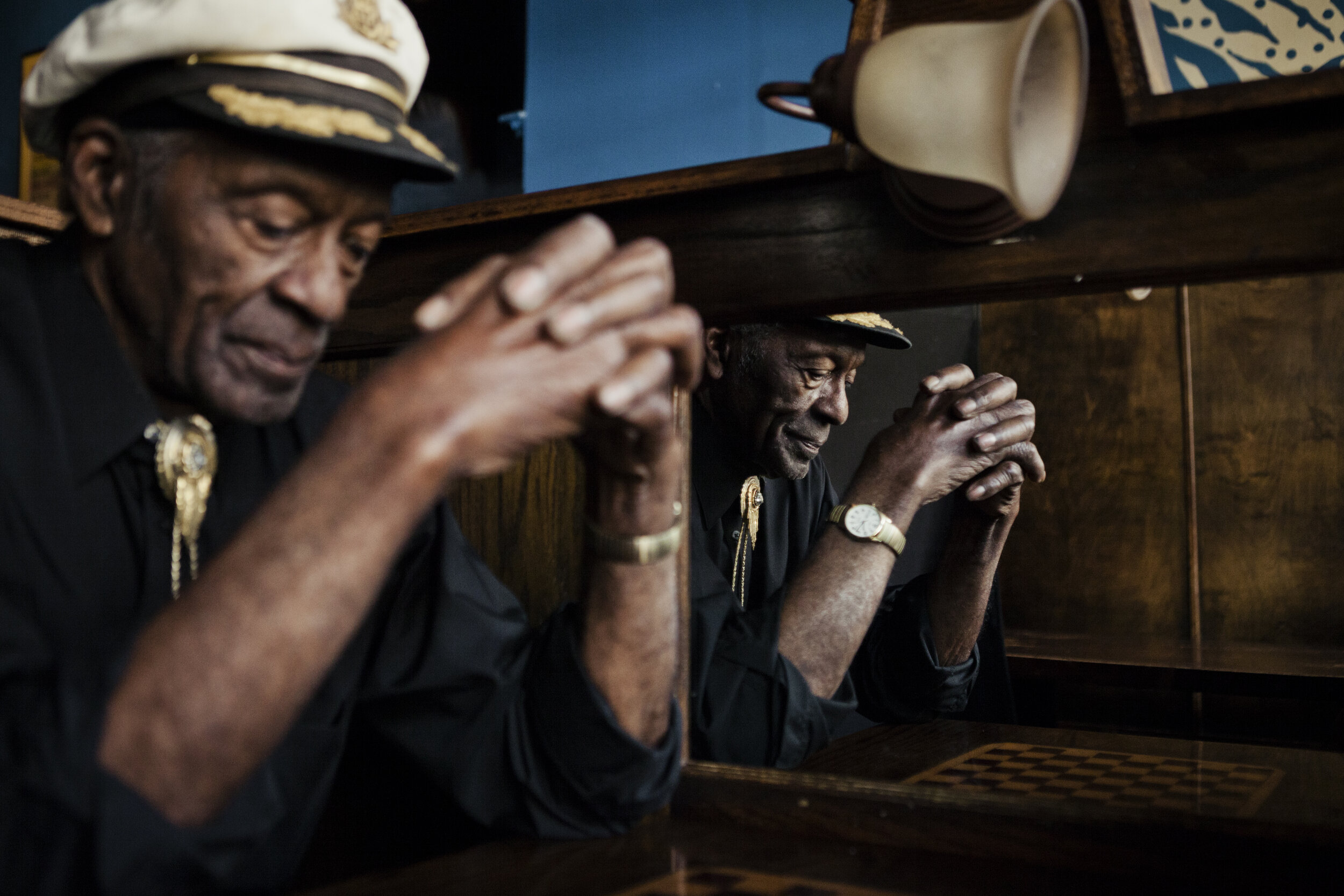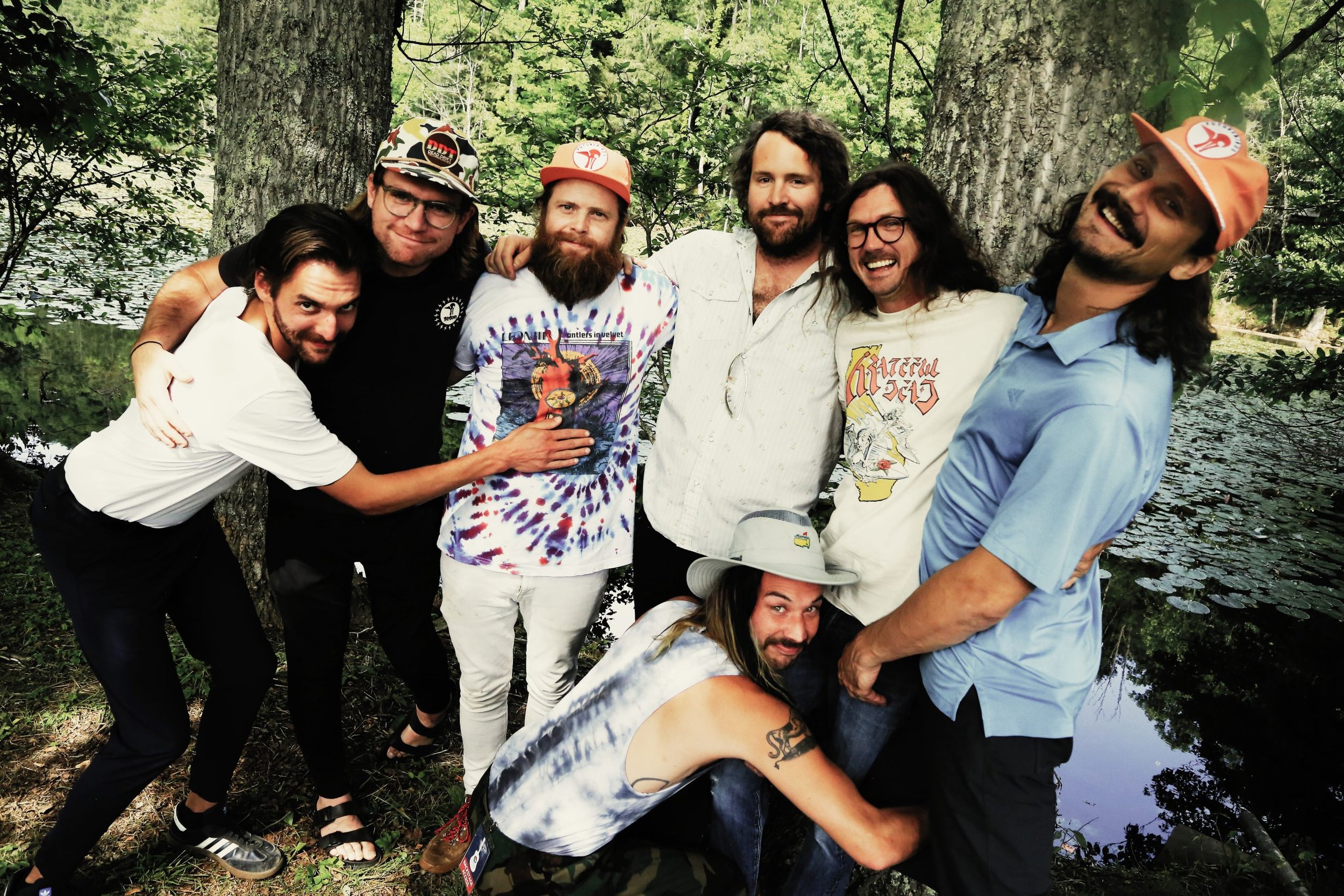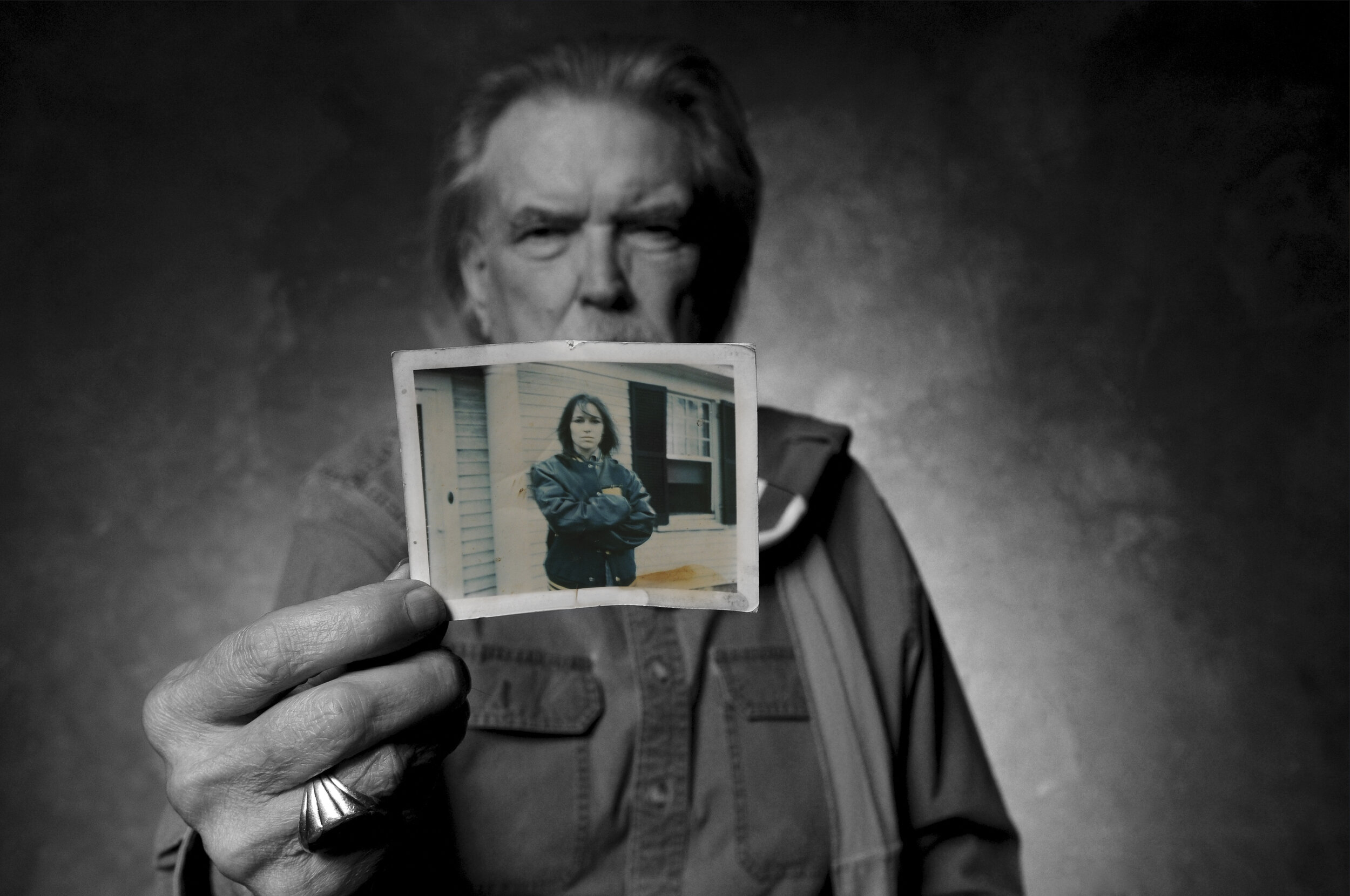GUY CLARK
There was the ashtray: a circle of skulls, often overflowing with the charred and twisted papers, hand stuffed with tobacco or otherwise. Anyone who wrote with Guy Clark knows it, a resonant artifact that spoke to life's inherent earthiness, the folkloric undertow of living near the Mexican border and yes, the extrusive manliness that defined him.
Guy Clark, channeler of the human condition, plainspoken poet, master luthier, seasoned painter and damn fine guitar player, was above all a man. Probably the closest thing to Hemingway Nashville - or the Lone Star State - would ever see: lean prose, gut strings ringing and a hard-won dignity that embraced tenderness as the ultimate manifest of toughness.
By the time he arrived at Dualtone, he was already a legend for his exacting song craft that elixired truth tempered with compassion, grounded by vivid detail. Workbench Songs, Somedays The Song Writes You, Songs and Stories and My Favorite Picture of You measured the life, the heart, the humanity that defined Clark's writing, especially having fully lived well into his seventh decade.
Johnny Cash. Bobby Bare. Willie Nelson. Ricky Skaggs. Jerry Jeff Walker. George Strait. Lyle Lovett. Hayes Carll. Rodney Crowell. Kenny Chesney. The Highwaymen. They all recognized and reached for the truth in Clark's songs, wafer thin slices of Texas, tiny pleasures and the intoxication of romance.
That romance wasn't always a direct one-on-one proposition. "Rain In Durango" admires a free spirit who can't be captured even in her disappointment, while "Dublin Blues" yearns for one who's gone and "Cornmeal Waltz" distills the sweetness of every second date personified. Anyone who's ever been in love will recognize it's the odd moments, the rough spots and fiery reactions that forge a deeper union in "My Favorite Picture of You."
Beyond the male/female dynamic, there's the romance of being alive - and being fully grown. It's every boy who believed he could fly in "The Cape." A freewheeling storysong written with compadre Verlon Thompson at Jorma Kaukonen's Fur Peace Ranch "The Guitar," the shrugging acceptance of post-gig ennui and hijinks "Out in the Parking Lot," the Woody Guthrieesque fatality of Mexican smuggling "El Coyote" that shimmers with tragic norteño beauty and simple glory of "Homegrown Tomatoes" demonstrate the everyday as so much more.
For the man from Monahans, Texas, songs are living things. Listening to the sweet escape of "L.A. Freeway" or the hushed elegy of a son reckoning with his father's death in "The Randall Knife" - both recorded at Nashville's historic Belcourt Theater -- another dimension to these stories Clark carefully sculpted from his own life emerges: souvenirs in song that make the listener's own mundane existence somehow more elevated, elegant, real.
"Magdalene" and its desperate escape bristles with an immediacy defying meter and chord progressions. That urgency, the passion that is Clark's stock in trade is a slow smolder, just as the failure that comes from living hard fuels "Maybe I Can Paint Over That" levels the damage done with the fix and falter of facing the consequences. Even Townes Van Zandt's "If I Needed You," written in the East Nashville home Guy and Susanna Clark kept in the '70s, offers the vulnerability inherent with being a badass.
In reviewing Old Friends in Rolling Stone, I wrote his voice was "a mix of oak, musk and wisdom." One late night in a bar that is recently no longer, he laughed that knowing laugh, leaned in and confided, "My favorite thing written about me ever."
As time has passed, those qualities only expanded in Clark's voice to embody strength, courage and a sensuality that exuded so much more than merely sex. To hear him offer up "Hemingway's Whiskey" was to understand the price extracted for the art - and perhaps, as "The Randall Knife" had been for his own father, a map for our mourning when the time came to let Clark go.
"Sail away, sail away, as the day grows dim
live hard, die hard, this one's for him
Hemingway's whiskey, warm and smooth and mean
even when it burns, it'll always finish clean
He did not like it watered down, liked it straight up and neat
if it was bad enough for him, it was bad enough for me..."
~Holly Gleason
Nashville, TN
Management:
KCA Artists
Keith Case
keith@keithcase.com
Press:
All Eyes Media
Jim Flammia
jim@alleyesmedia.com
Donica Christensen
donica@alleyesmedia.com
Booking:
KCA Artists
Keith Case
keith@keithcase.com


